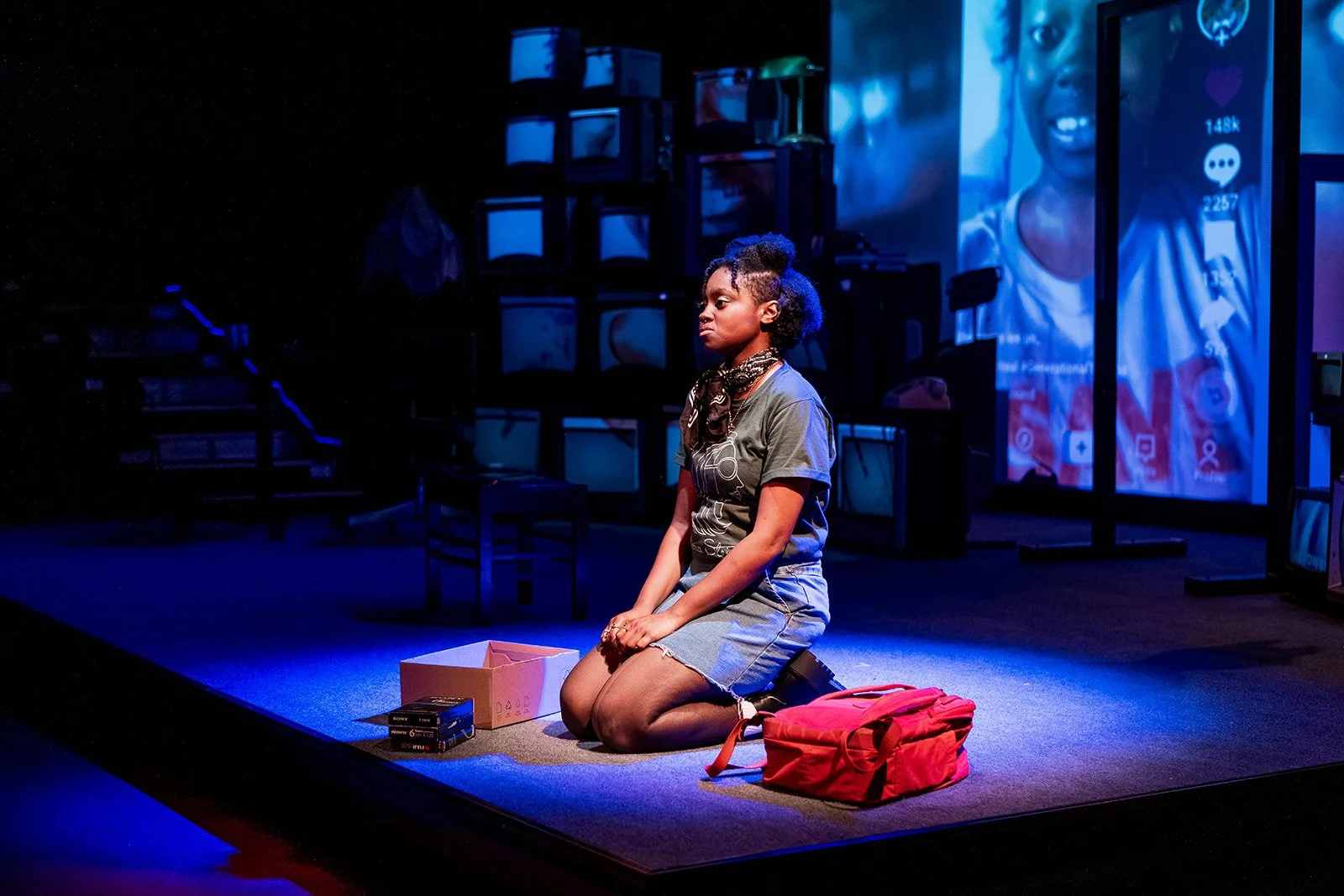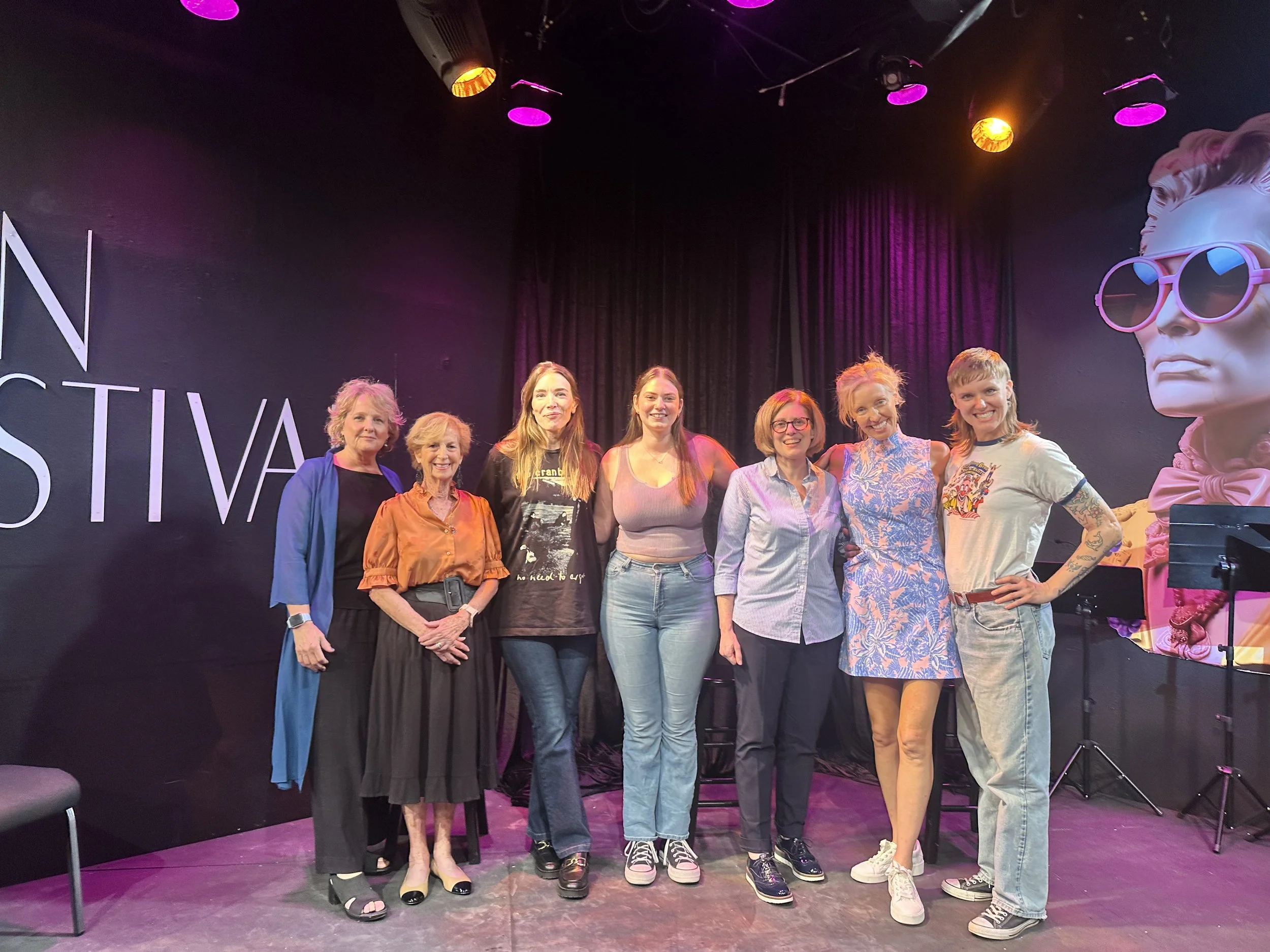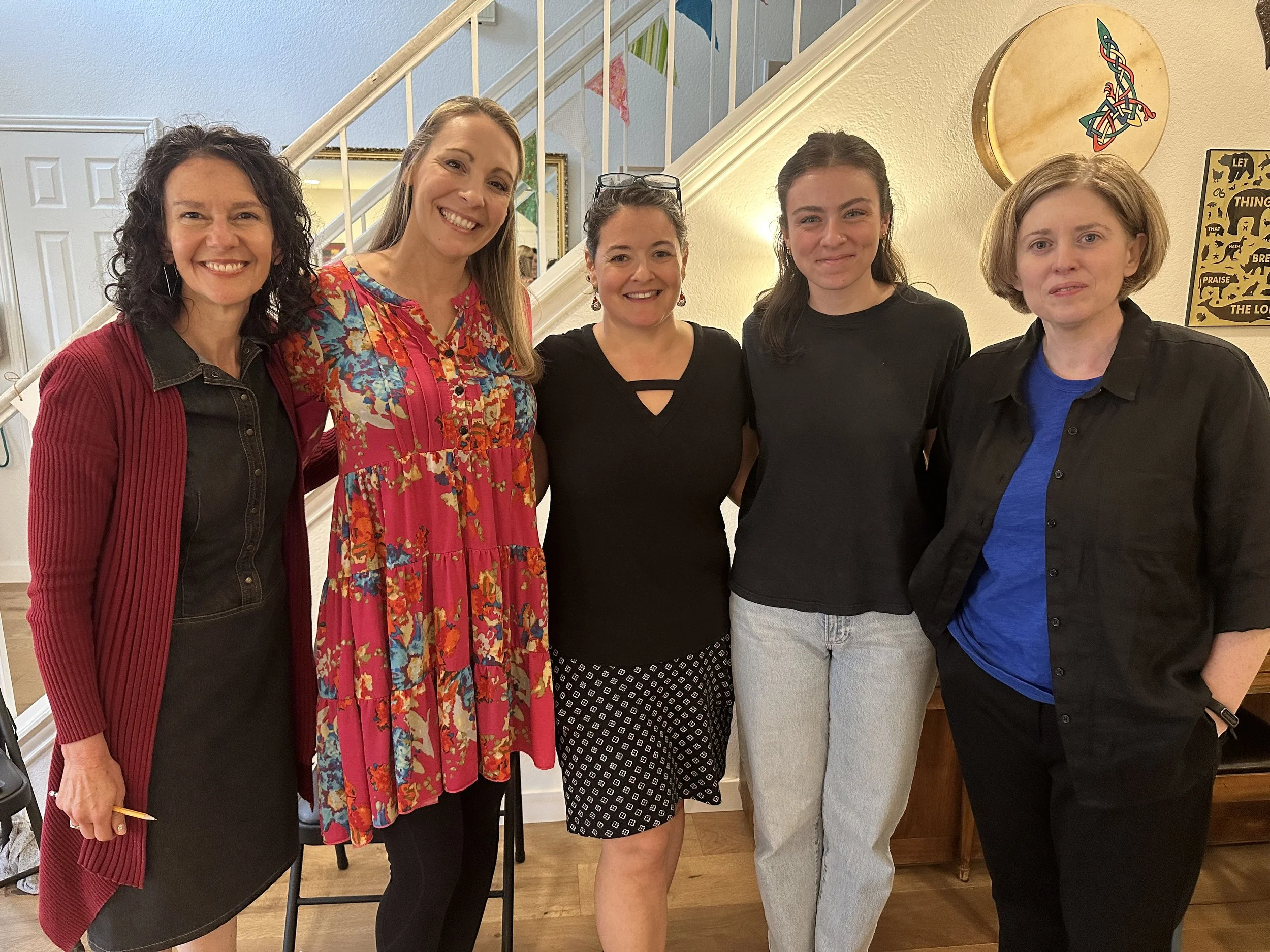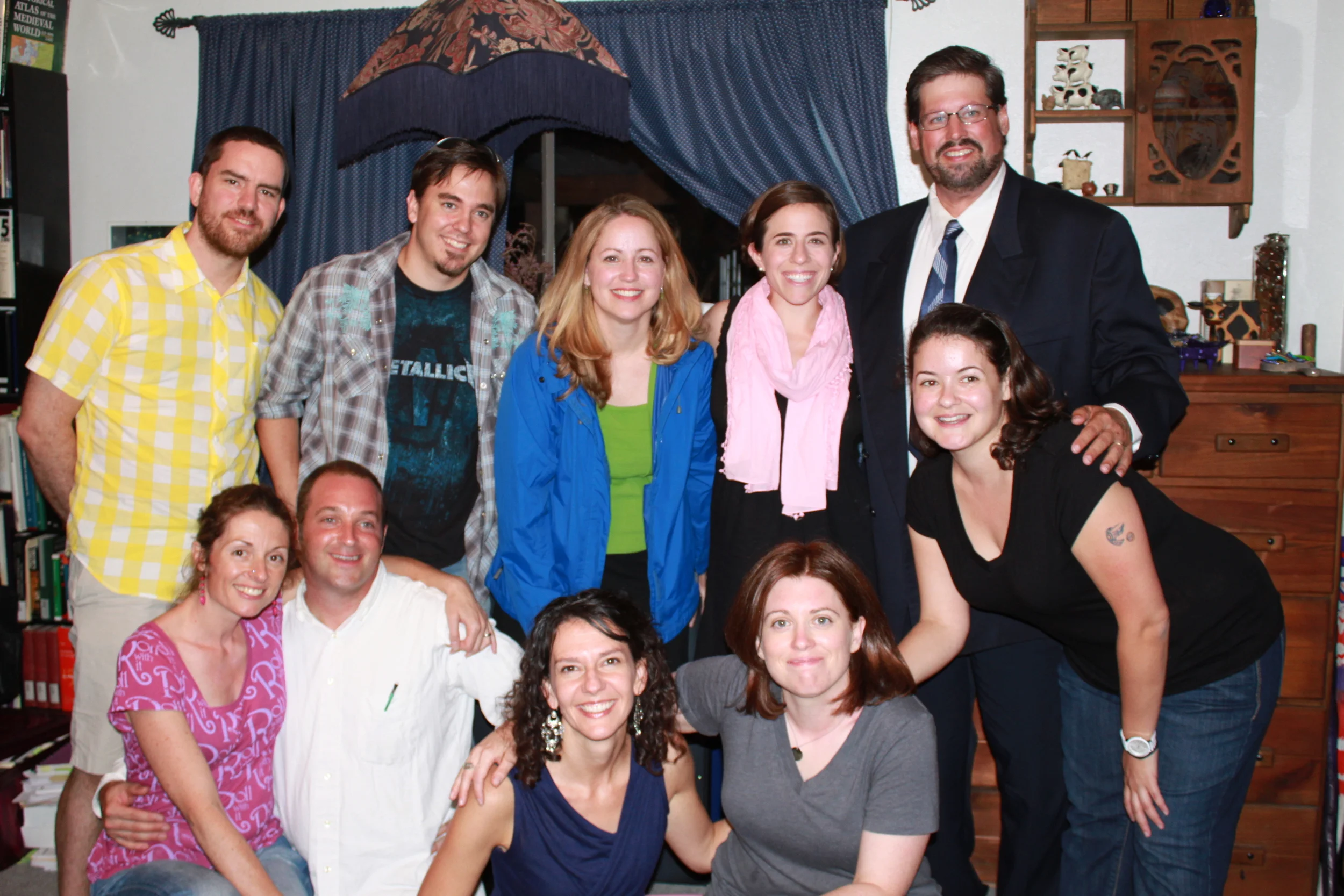The opportunity to develop 1999 at Florida Repertory Theatre was this strange, serendipitous intersection of accident and good fortune.
Bringing 1999 to the stage at WAM Theatre was a dream realized—a collision of art, community, and vulnerability. What began in solitude became something shared, alive, and beautifully out of my control.

After a dream week at the Modern Works Festival in Sarasota, I’ve finally landed back on earth—grateful, inspired, and still replaying every moment.

Florida Rep New Works Festival
I’m SO pleased to announce my play, 1999, has been selected for Florida Rep’s PlayLab Festival of New Works! I’m going to Fort Myers, Florida for a week to rehearse, revise, and see a professional reading of the play, as well as be introduced to the other new plays and playwrights! I can’t wait! It’s all happening frighteningly (and exhilaratingly) fast.
For my 50th birthday, my friend and long-time collaborator Lisa Neely, brought me to Austin to do a workshop and reading of my new play 1999 with her company 3rd Course: Theatre. Collaboration with friends was the best she could’ve given. MAC Arts also supported our endeavor with a generous grant which helped provide a budget for food, copies, and dramaturgical support. We’re so lucky in Greenville to have a thriving arts community, in large part because of MAC Arts’ generous funding.

I'm in Austin working with my favorite theatre company, 3rd Course: Theatre, on Dough & Cookies. Our collaboration on this play began in 2012. It's been a wild and joyous experience, as usual. I'm reminded of this quote from Erik Ehn and Sarah Ruhl from "Dirty Thoughts About Money" about long-term collaborations:
